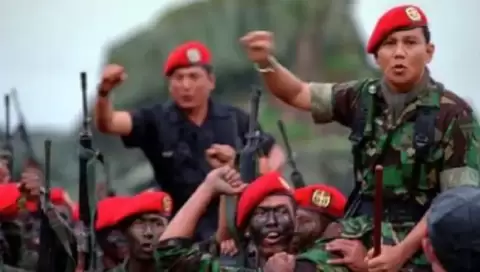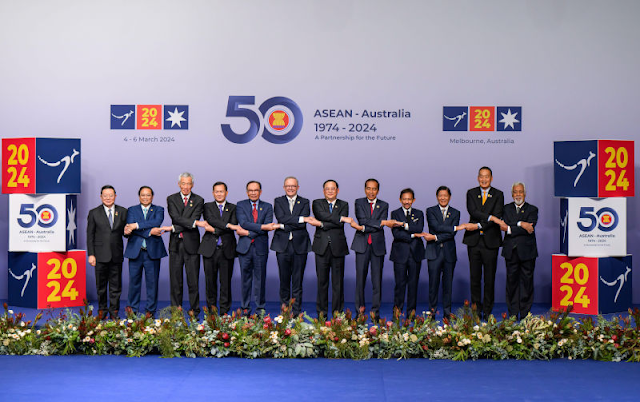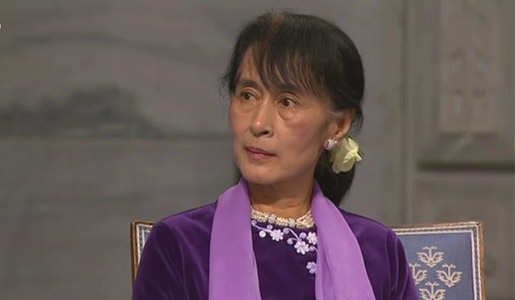PLAYING THE HUNGER GAMES
The nightmare sprung to life: A gang. Worse, an Asian teen gang. An hour before dawn. I’m alone. With a bike.
A dozen or more boys fired up with freedom, yahooing down the lampless highway, bashing bushes, tossing fire crackers, chiacking.
Strife seems likely. There are no side roads for a speedy escape. Maybe a bashing, a cycle theft? I'm less fit, well outnumbered, someone quite different, an easy target. No one else from my tribe’s around ready to rescue.
In an Australian suburb or town, particularly one like Alice Springs if reports of rampant lawlessness are right, the sweat would be stoked by fear.
Curses, too, for straying into a bad area like bond trader Sherman McCoy taking a wrong turn into the Bronx in Tom Wolfe's novel and film The Bonfire of the Vanities. Yet this street is leafy and normally empty.
Turn and run or push on? The second decision is right, flavoured with a bit of local slang that sets them laughing as they dash away.
Nothing happens because this is Malang in Central East Java not an Oz city. Though the kids are hyped up they’re not dosed with drugs or grog, just the buzz of being young and fresh and on their own.
This is a yearly event whatever the suburb, even the uni campuses at the start of Ramadan. Sometimes called Ramadhan it’s the holy fasting month leading to the great Muslim celebration of Idul Fitri on 10 April.
The adults wake around 3.30 am and fill themselves with plates overflowing like those wanted by Palestinians in Gaza. Then Dad and Mum go back to bed and kick the feisty sons out to roam as they won’t head to school till 9 am, two hours later than usual. Daughters also wander - though seldom with the boys. That age has yet to come.
Around 4 pm queues gather around the street stalls. It's takjil (speed up snacks) till the food can be hogged on kerb stones or taken home once the siren shrieks that the day’s pangs are at an end.
It's a time of communion, the bond being hunger and the belief that all are suffering together while showing devotion. The atmosphere is positive, expectant of pleasures to come, the rewards of religious discipline.
As the four weeks progress the hungry get testy. Those who give up along the way, offer excuses - they’re sick, spiritually lame.
Restaurants generally shut during daylight hours but joints like KFC and McDonald’s stay open. Window blinds are closed so passers-by don't get tempted to abandon their beliefs.
The fast-fooders feed the non-Muslims (about ten per cent of society is Christian - the population of Australia), and those excused for health reasons, pregnancy and menopause. An astonishing number of young women wearing jilbab (headscarves) have periods at this time.
The pious are also expected to abandon sex and other pleasures, including nicotine. About 63 million men are hooked so smoke wafting from behind walls where Allah can’t see is a regular sight. Women seldom use as the noxious habit is supposed to be a sign of prostitution.
Westerners are advised not to eat in public and women should dress modestly. Java is not Hindu Bali but visitors should feel untroubled. The worst is to be called bule, which means a white-skinned European, a Belanda-Dutchman.
Whatever our beliefs or non-beliefs, we get invitations to Buka Bersama (the shared feast at the end of a day's fasting). The meals are so big that weight gains result.
The worrying message comes from the Australian media creating images of fear. Like a headline this month: Islamists in UK, Australia spreading anti-Semitism, destroying democracy
A few years ago religious thugs enjoyed bursting into restaurants on “sweeping” missions to find fasting Muslims feasting. Reports of such outrages are now rare.
Surveys show growing distrust by Australians towards Indonesians. The Jakarta Post quoted an adage: Tak kenal maka tak sayang - if you don't know you can't love - in an editorial commenting on Lowy Institute research.
This showed we “still lack trust in Indonesia to do good in the world, largely due to a lack of understanding.” That was in 2020; later annual reports reveal the situation ain’t much better..
That’s sad - and wrong. Here’s the anecdotal takeaway: Better to encounter a mob of Indonesian adolescents on a dark street than their counterparts Down Under.
##
First published in Pearls & Irritations, 25 March 2024: https://johnmenadue.com/playing-the-hunger-games/






